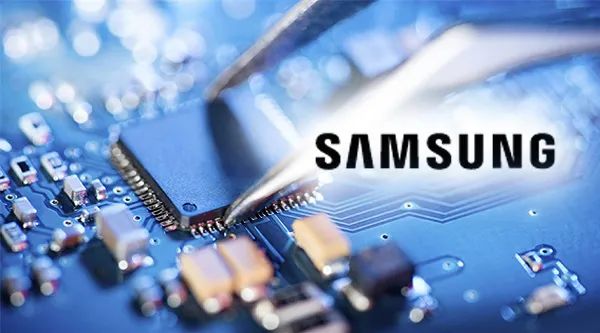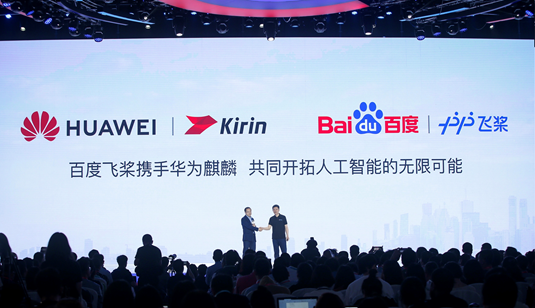
Citing three anonymous sources, Big Tech such as Huawei and Tencent, as well as China’s artificial intelligence (AI)-related startups, are eager to secure Samsung Electronics’ HBM.
HBM refers to high-performance memory created by stacking multiple DRAMs vertically. Reuters reported that such a rush of purchase by Chinese companies began early this year, and about 30 percent of sales of Samsung’s HBM semiconductors come from China in the first half of this year. Citing specific names of companies such as Huawei, a Chinese chip-design startup, Chinese companies said they recently ordered HBM chips from Samsung. It also said demand from China is focused on purchasing HBM2E, two steps behind the state-of-the-art HBM3E. Earlier, U.S. media outlets reported that the Joe Biden administration will unveil a new type of regulations on semiconductors with China this month. The move is aimed at restricting access to China’s artificial intelligence memory chips and equipment capable of producing them, which China is protesting against, saying, “Lockdown and containment cannot prevent China’s development.” Although details of the regulations have not been revealed, there is a possibility that HBM3 and HBM3E, which are state-of-the-art specifications for executing AI accelerators provided by Nvidia and AMD, and HBM2 or higher AI memory and semiconductor equipment capable of making them, will be included in the export regulations to China.The U.S. Department of Commerce declined to comment on the report but said it will continue to assess the evolving threat environment and update export control measures to protect the U.S. security and technology ecosystem. The new export regulation is expected to be released as early as this month.

It also predicted that if the new regulation materializes, Samsung Electronics, which relies heavily on China, could be more affected than SK Hynix. “U.S. Micron has refrained from selling HBM to China since last year,” Reuters said. “SK Hynix, whose main customer is Nvidia, is focusing more on producing high-tech HBM chips.” Currently, Nvidia is exempt from U.S. export regulations and can sell its low-end AI accelerator to China, and Reuters recently reported that Samsung Electronics’ HBM3 has passed Nvidia’s quality verification test. According to industry sources, the HBM3 that Samsung Electronics will supply will be applied to H20. The H20 is a low-end version that has lower computational power by one-fifth than the H100, Nvidia’s flagship AI accelerator. If Samsung Electronics secures Nvidia as a stable supplier and focuses on state-of-the-art specification production processes, Chinese companies are more likely to not receive the old-generation HBM. Earlier, in a conference call held after the announcement of its second quarter earnings late last month, Samsung Electronics said, “We have secured nearly four times the amount of HBMs that have been negotiated with customers this year compared to the previous year.”
SALLY LEE
US ASIA JOURNAL



